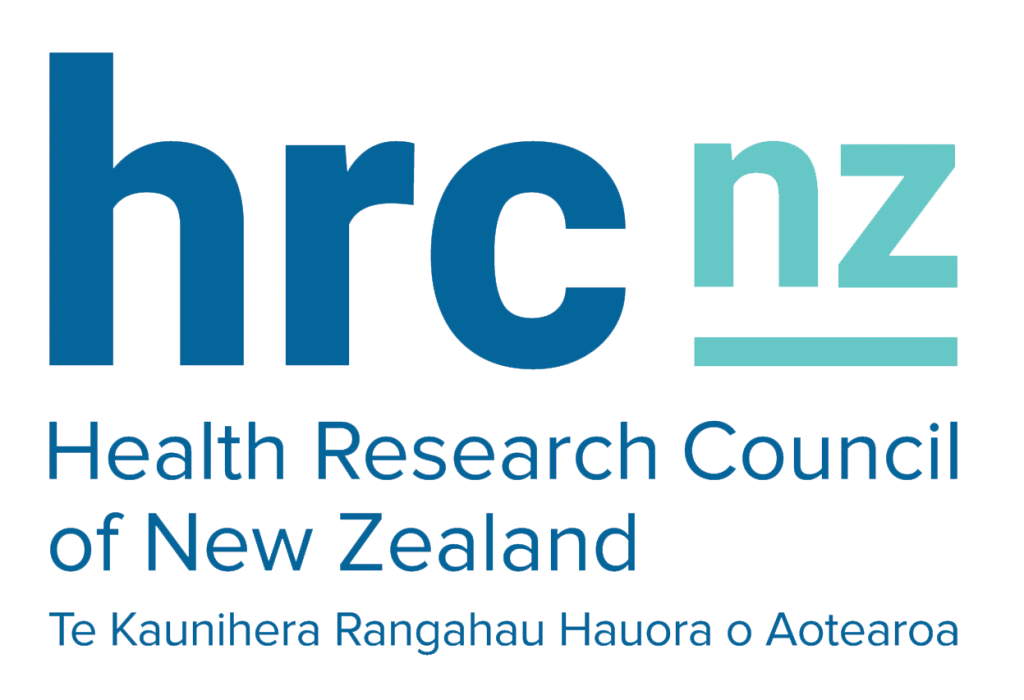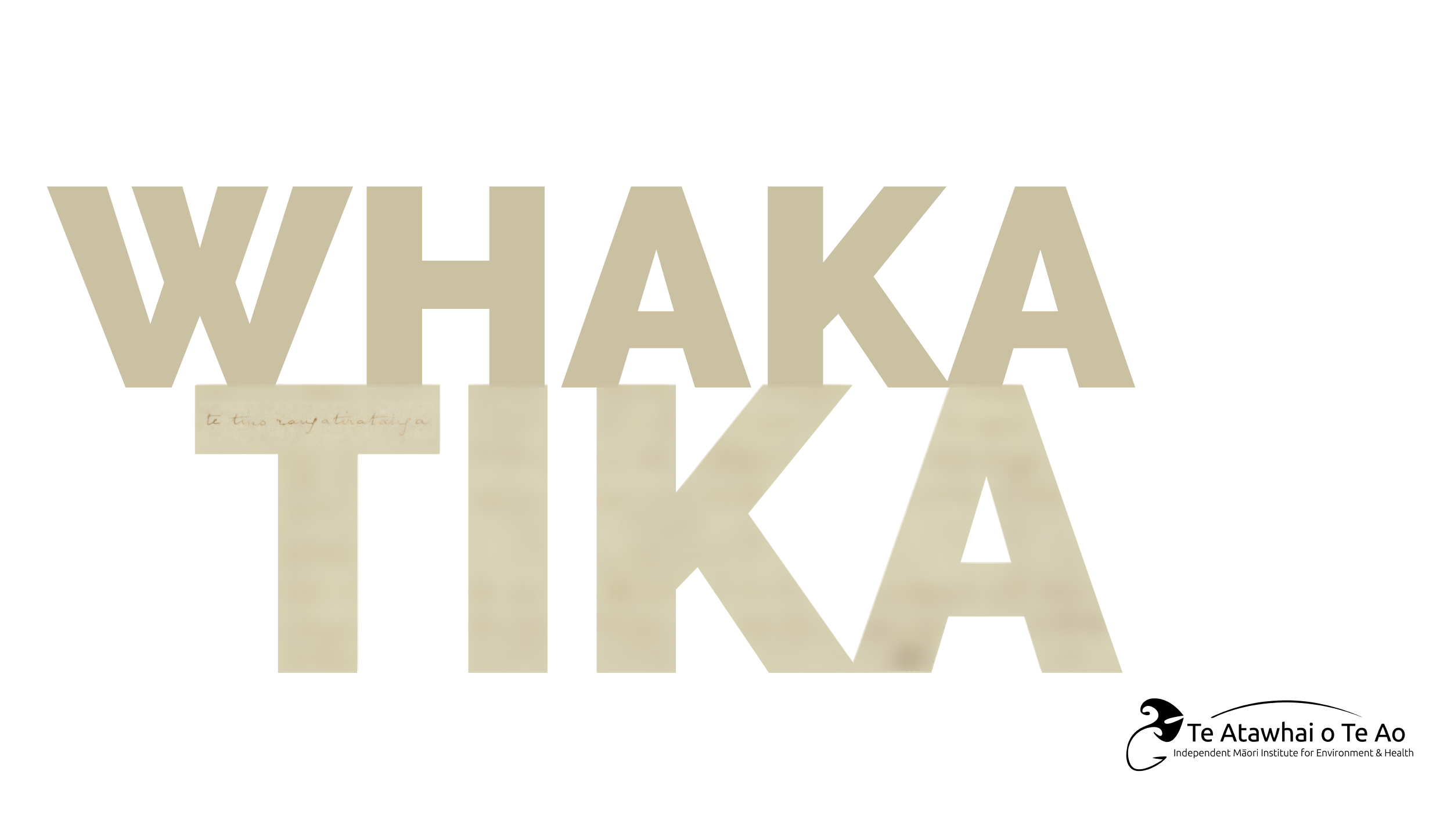Whakarongo mai e te iwi nei! Whakarongo mai e te motu nei! Whakarongo mai ki ngā kōrero e hāngai pū ana ki ngā mahi kaiā a te Karauna, ki ngā mahi kaikiri a tauiwi, e pēhi tonu nei i a tātau, te iwi Māori. Inā te kōrero a Tohu Kākahi ki ngā iwi e rua, ā ka hakaina e te motu katoa: “E kore e piri te uku ki te rino, ka whitingia e te rā, ka ngahoro”. Ahakoa ka whakapiri atu tātau ki a tauiwi, he Māori tonu tātau, kāore he āhua kē atu. Kāti, mā ngā hīhī e whiti mai ana i te aranga ake o te rā Māori e ngahoro i ngā pēhitanga. Ā ka puta tātau ki te whai ao, ki te ao mārama. Tīhei mouri ora.
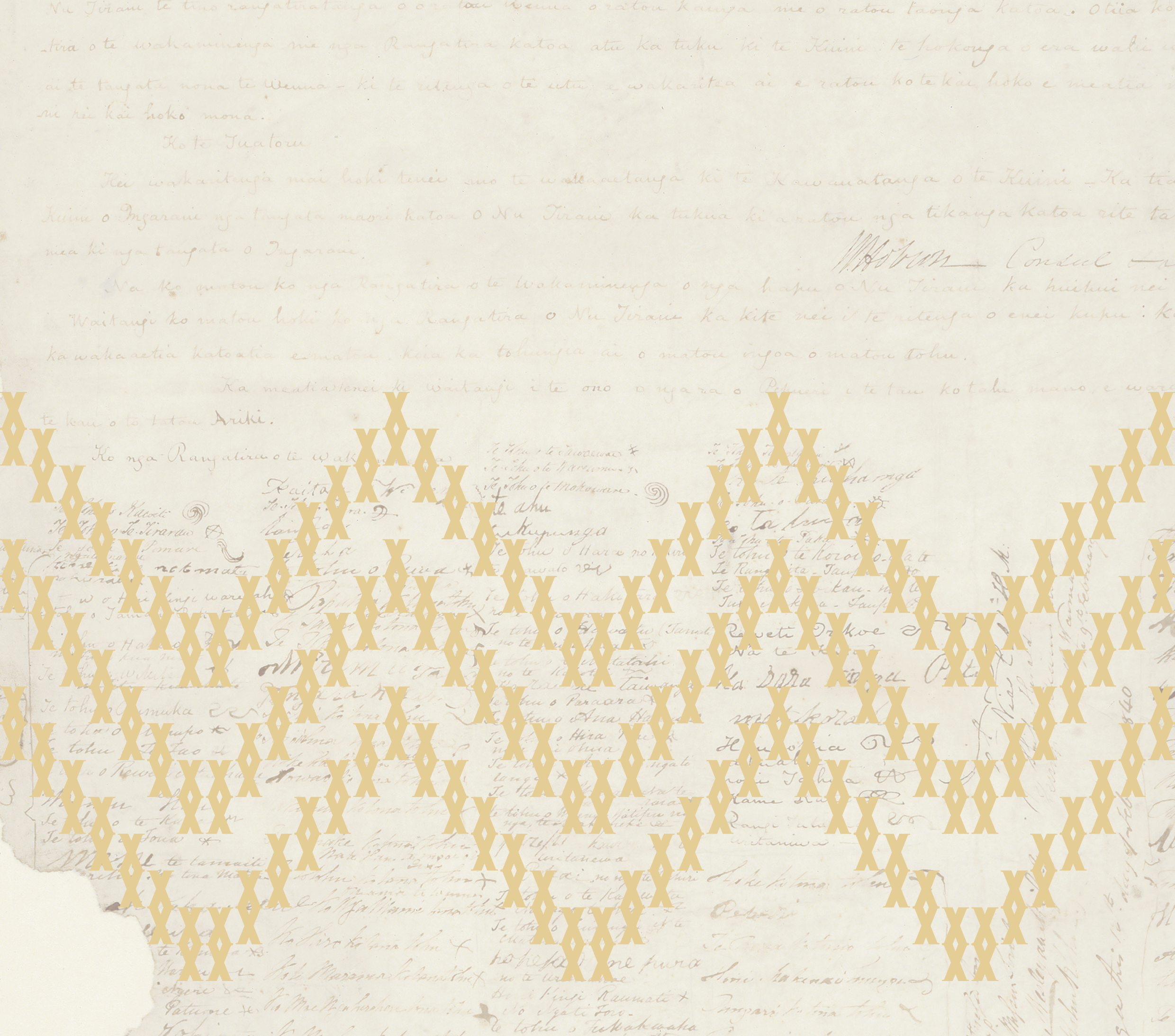
What we wanted to know
This report presents findings of the Whakatika Survey, which aimed to capture the nature, extent and impact of everyday experiences of racism faced by us as Māori in Aotearoa.
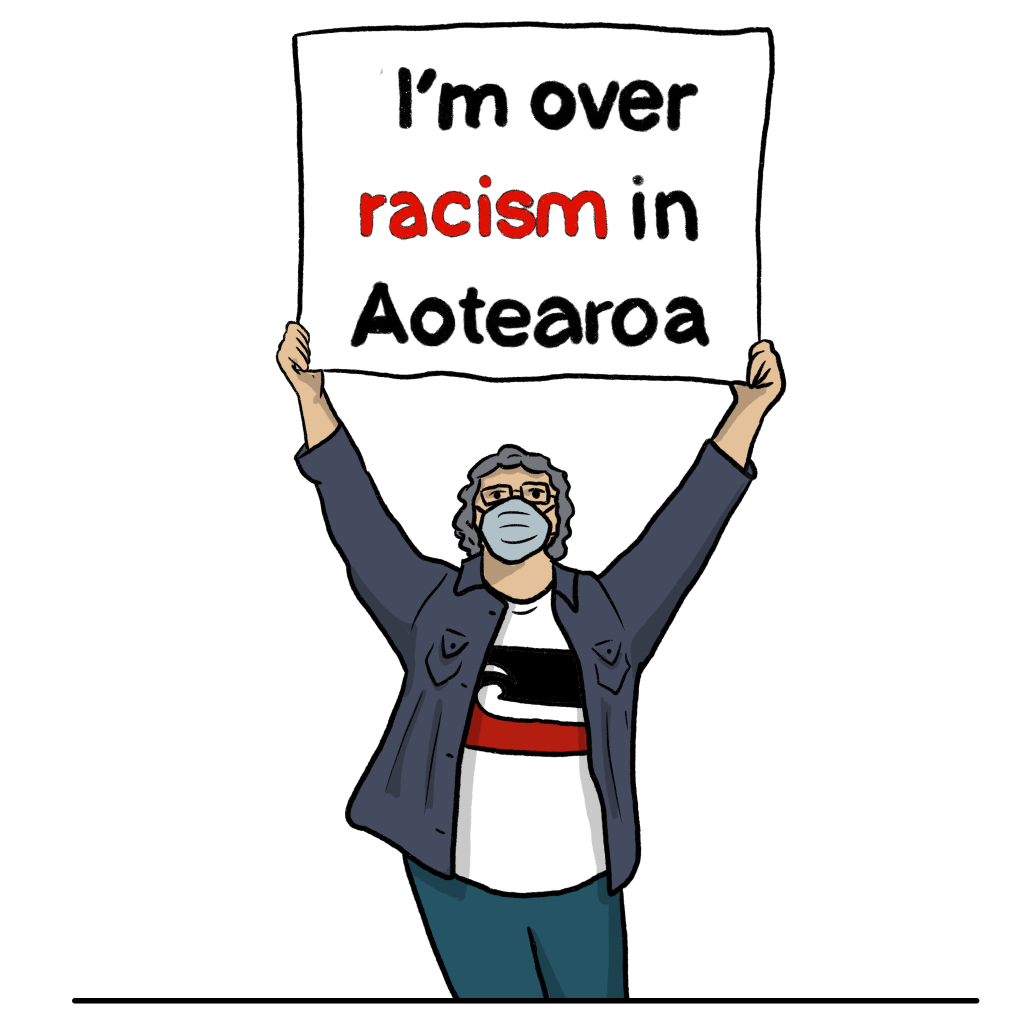
This report aims to do justice to the over 2,000 Māori who completed our Survey and to honour their voices. It is meant to give a snapshot of what people told us and to link our findings to other existing evidence of racism, here in Aotearoa and overseas. However, we collected such a wealth of information that this report can only be the start of sharing what we gathered.
What we found out
The vast majority of Māori (93%) felt racism had an impact on them on a daily basis and even more (96%) said that racism was a problem for their wider whānau at least to some extent.
- While most Māori feel comfortable identifying as Māori all of the time, this varied by location. Māori felt most comfortable on marae, at home or at iwi events. Comparatively, Māori felt less comfortable identifying as Māori in education and workplace settings and some shared concerns about racism in workplaces in particular.
- Māori are left feeling pōuri (a deep sense of sadness) or riri (anger) at their experiences of racism.
- Being with whānau and being able to talk to whānau are critical to Māori identity and to Māori responses to racism.
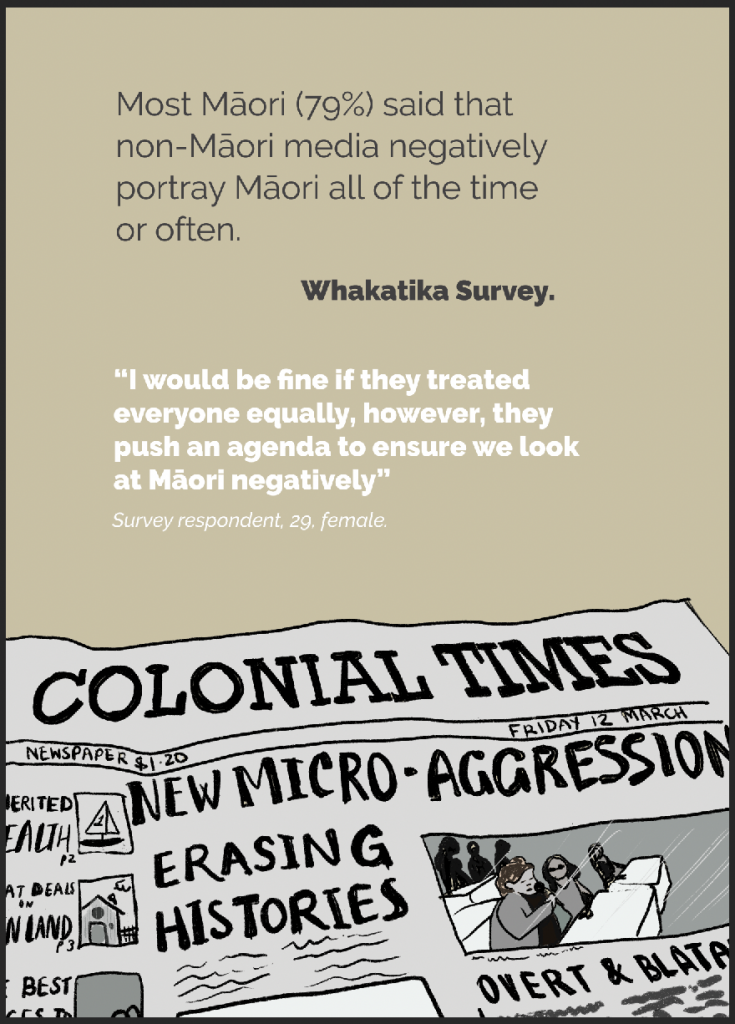
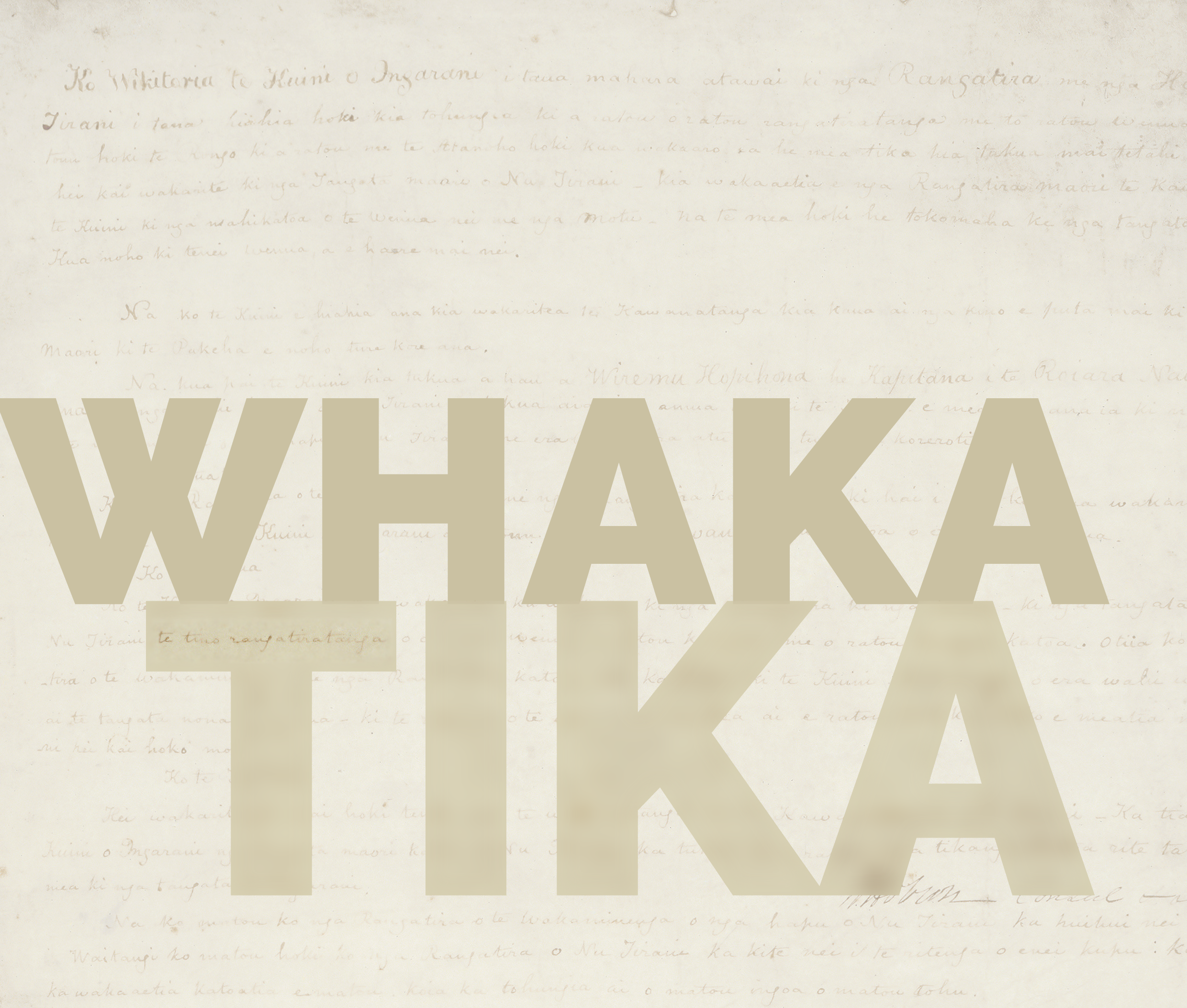
Who participated?
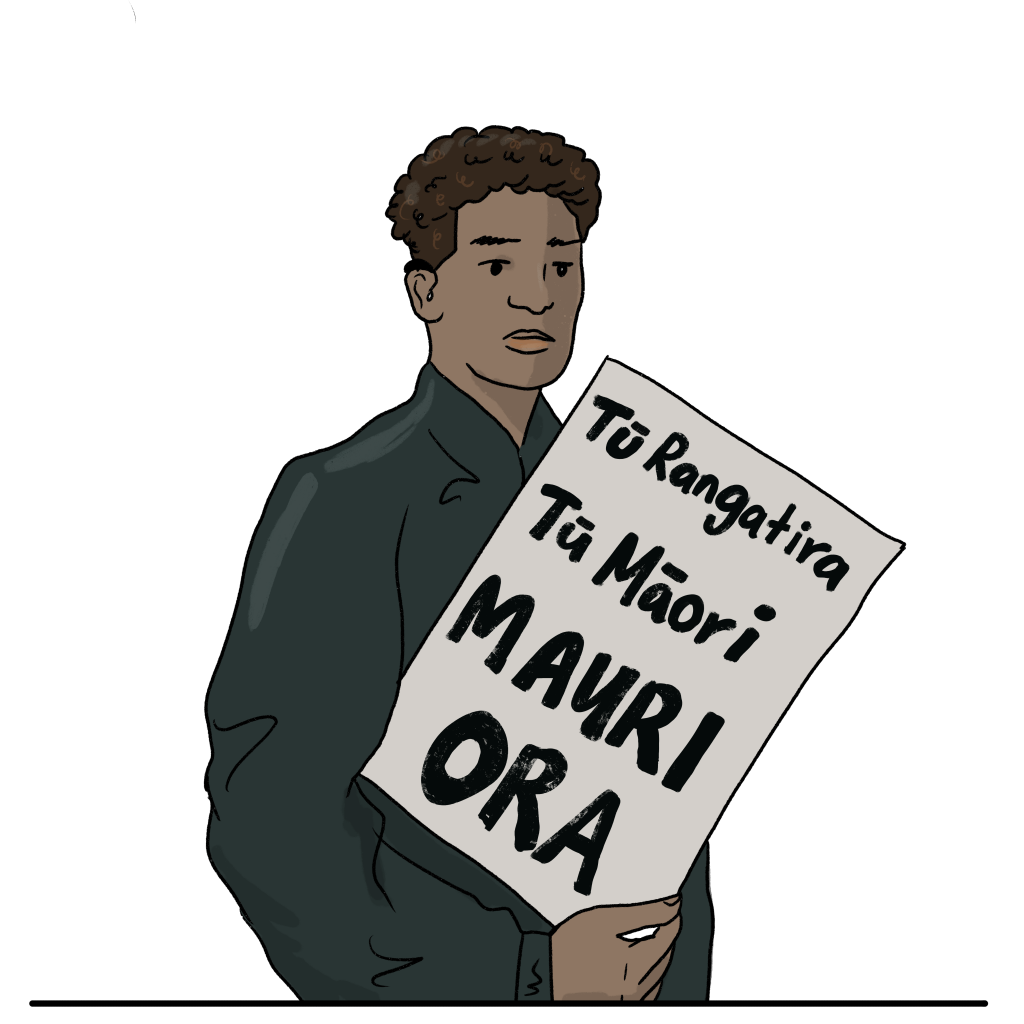
2,073 Māori participants from across Aotearoa completed the Survey.
Overall, more females than males completed the Survey, and the largest age group of respondents was rangatakapū (aged 25 to 44 years old).
About half of the Survey respondents said they lived in a small city or town. People were eligible to participate in the survey if they identified as Māori and were 16 years of age or older.
The Survey was in the field from 21 February 2019 to 29 February 2020.
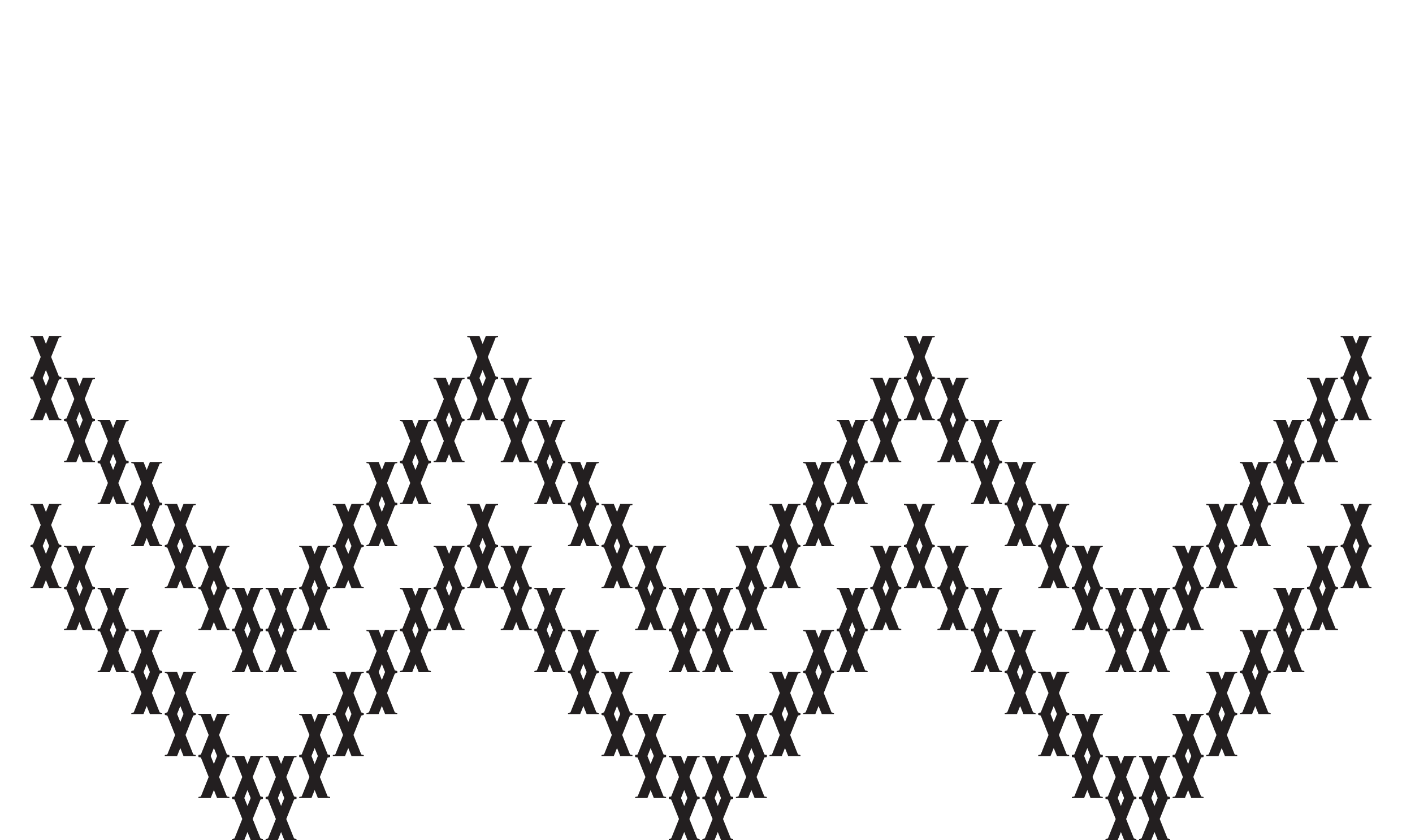
What we need to do now
The results of the Whakatika Survey show the need for broad anti-racism activities that are based on mana motuhake and that strengthen Māori connections to te taiao, our lands, rivers, mountains and harbours. Similarly, the results indicate that racism and discrimination are so widespread that they will never be conquered through isolated activities, such as unconscious bias training, alone. Addressing racism requires a constant, consistent, Māori-focused multipronged approach.
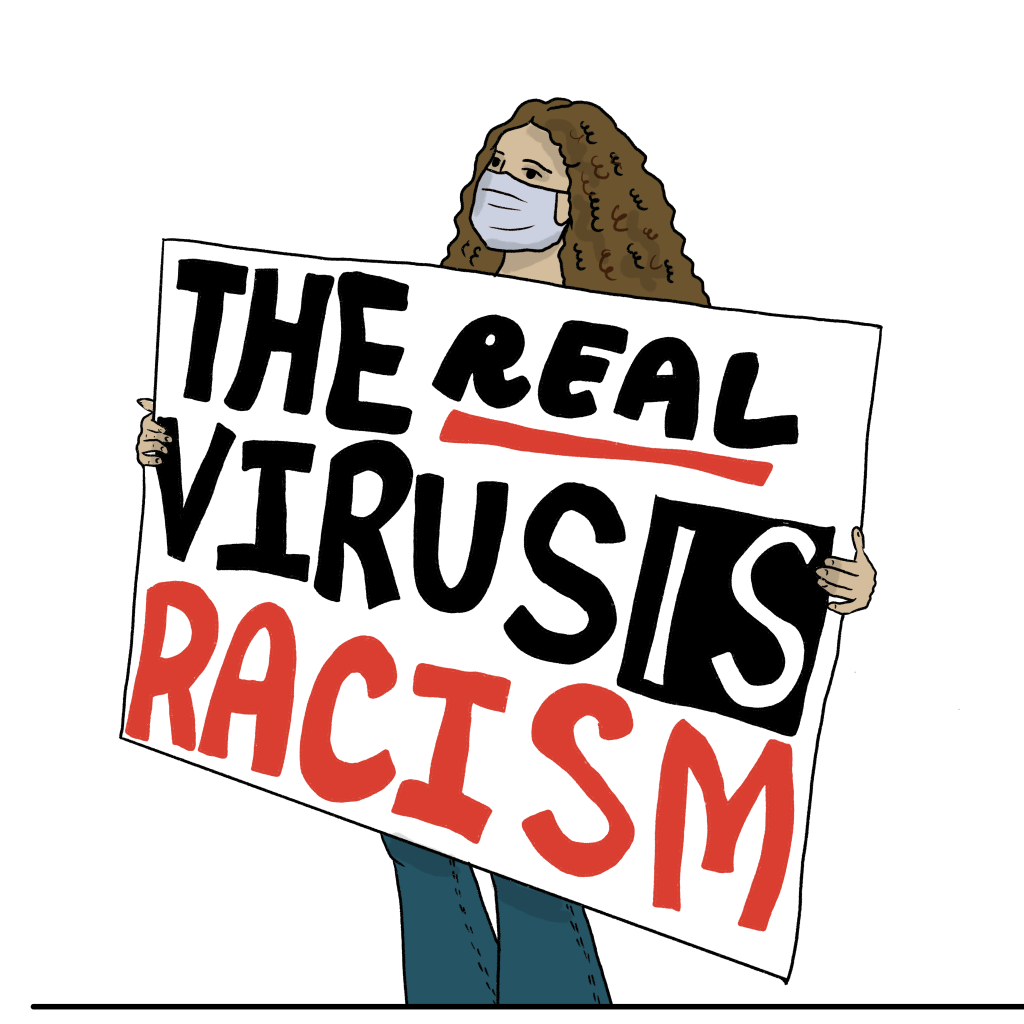
The Survey
Implementation
The Survey was designed to be filled out in person (not via the internet), using an ipad with online survey software. This approach balanced the need to provide support to people completing the Survey (particularly important given the subject matter covered by the survey) and the need for people to be able to answer questions privately if they preferred.
The Survey was available in te reo Māori and in English.
Stalls were set up at 22 events across Aotearoa. These events were selected because they were likely to draw significant numbers and be safe places for Māori. The largest gathering was Te Matatini Kapa Haka Festival in Wellington, where over 500 participants took the Survey. We attended the most events in Whanganui (11), reaching over 430 participants.
Questions
Topic areas in the Whakatika Survey included:
- Getting service / shopping
- Media representation of Māori, Indigenous peoples and colonial monuments
- Tūpuna or Māori names
- Māori kai
Throughout the Survey we asked people about the emotional impact of racism to get an understanding not just of the types and frequency of racism experienced by Māori but the impact this has on wairua, well-being and health. The Survey also asked for demographic information and some general questions about the impact of racism.
Te Reo Māori
It was important to the team to ensure that the questions were provided in te reo Māori and that respondents had the opportunity to answer in te reo. Some kupu used were specific to our rohe in Whanganui.
67 respondents completed the Survey in te reo Māori.
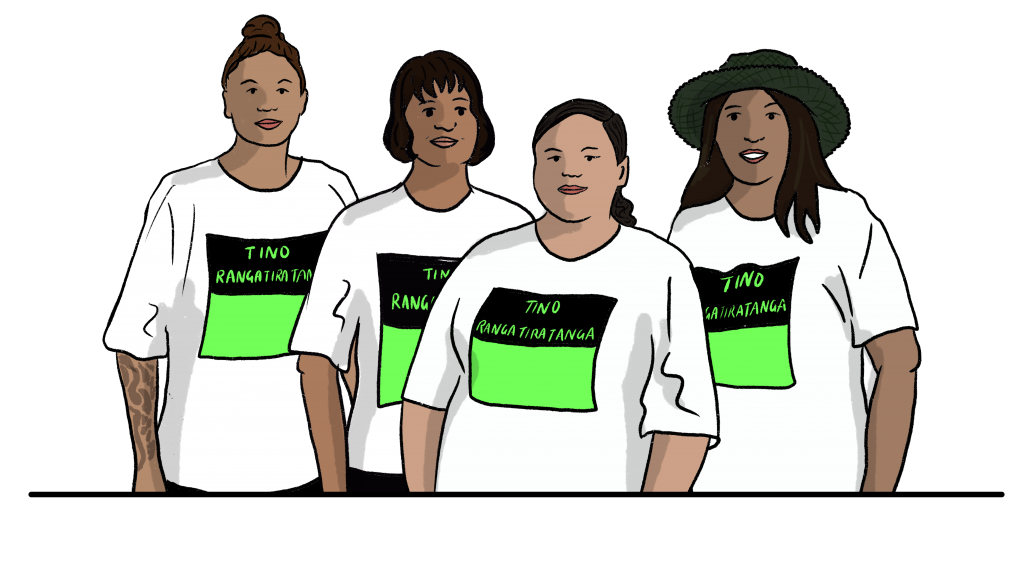

Our Team
The project is led by Dr Cherryl Smith and Dr Rāwiri Tinirau, and project managed by Helena Rattray-Te Mana for Te Atawhai o Te Ao, Independent Māori Institute for Environment and Health.
A project advisory group was established and provides expert knowledge and guidance to Te Atawhai o Te Ao, consisting of Sr Makareta Tawaroa, Prof Helen Moewaka Barnes, Assoc Prof Donna Cormack, Eljon Fitzgerald and Kerri Kruse.
Te Atawhai o Te Ao also had biostatistics support from Assoc Prof Nick Garrett and support in preparing this report from Gabrielle Baker and Natalie Talamaivao.
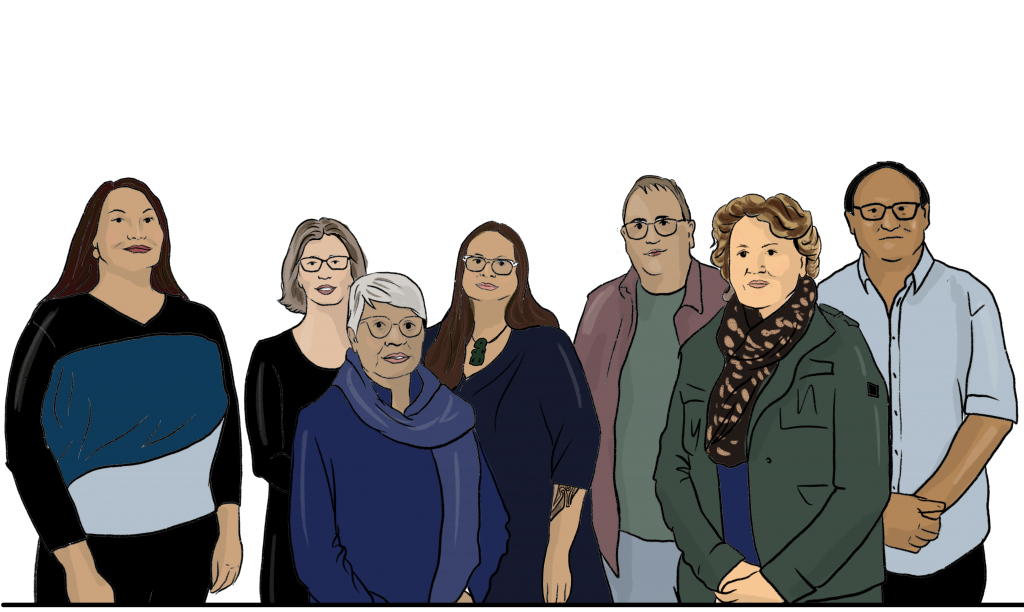
Publications
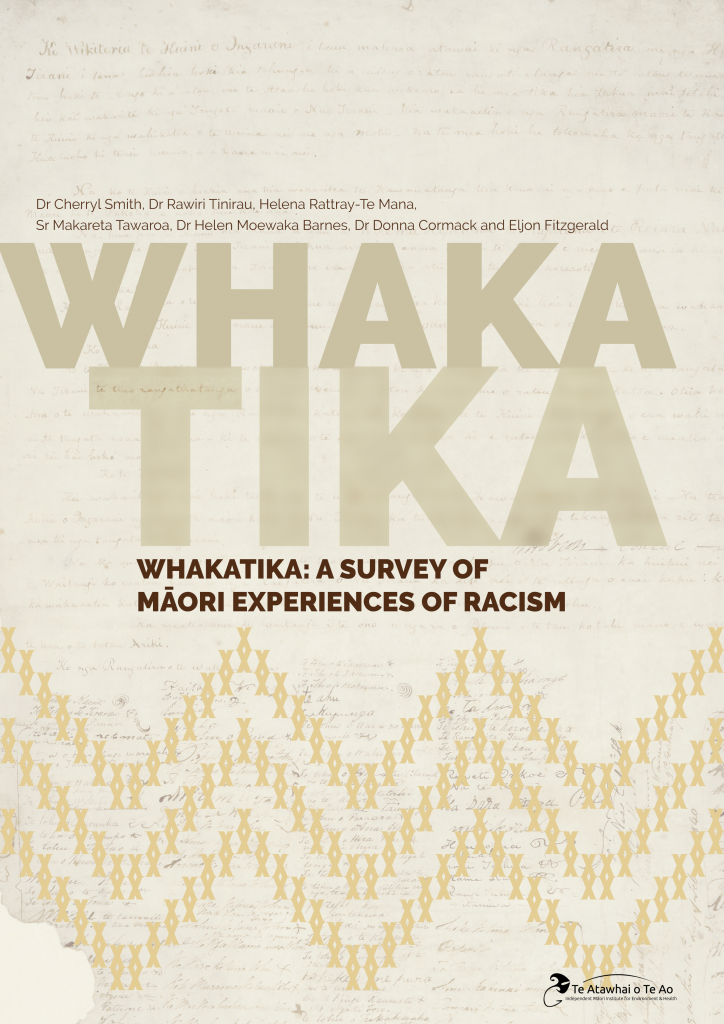
Download the Whakatika Report
A number of other publications have been developed to support this report. Please follow the link below to access the recommendation reports, literature reviews and other documentation. Keep an eye out for other publications as we release them.
Where to get support
Talk to your whānau, pahake/kaumātua or someone you trust, if you experience racism. ..
Youthline
Free call: 0800 376 633, free text: 234, or email: talk@youthline.co.nz
Samaritans
Free call: 0800 726 666
Low Down
Visit: lowdown.co.nz, free text: 5626, or free call: 0800 111 757
1737 Need to talk?
Free call: 1737, or free text: 1737
Depression
Free call: 0800 111 575, or free text: 0242
Sparx
Free call: 0508 4 SPARX (0508 477 279) visit: www.sparx.org.nz
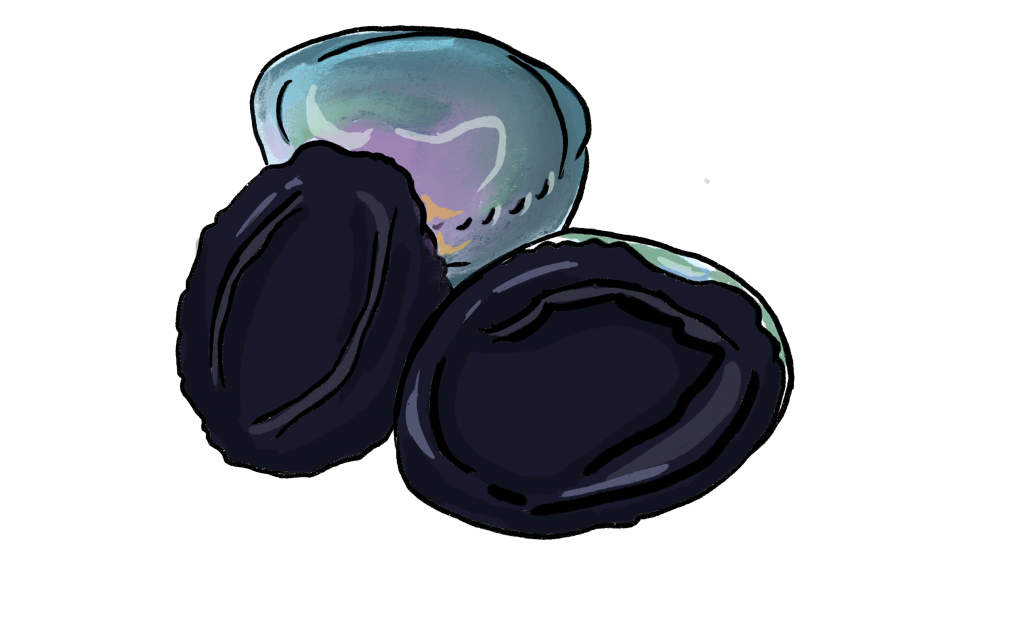
We want to thank
Te Atawhai o Te Ao would like to acknowledge and thank the Health Research Council, Te Kaumatua Kaunihera o Whanganui, the Whakatika advisory group, and the organisers of the many events throughout Aotearoa who supported us in administering the Whakatika Survey. We also extend our thanks to the many participants throughout the country who took the time to fill out the survey and share their experiences with us.
